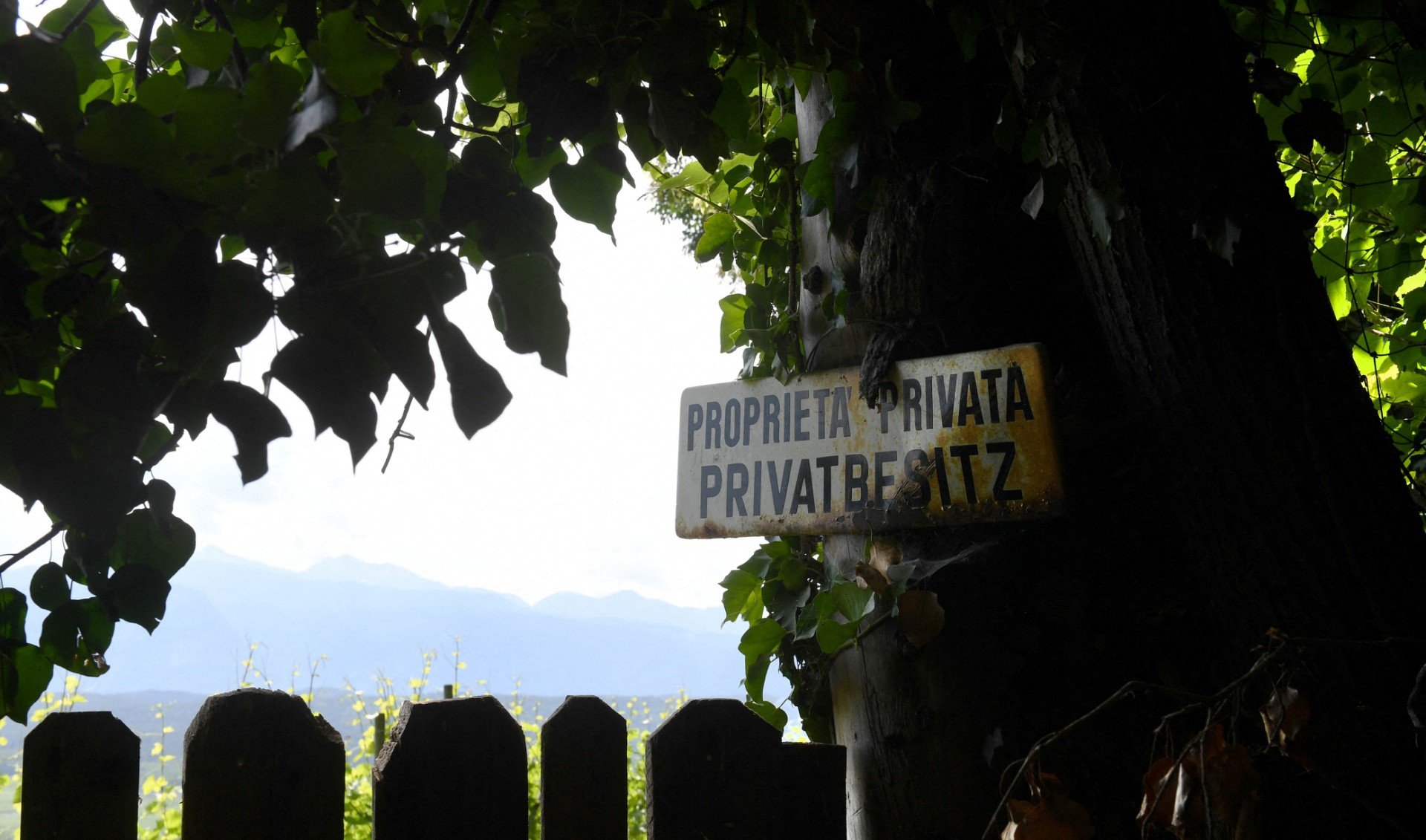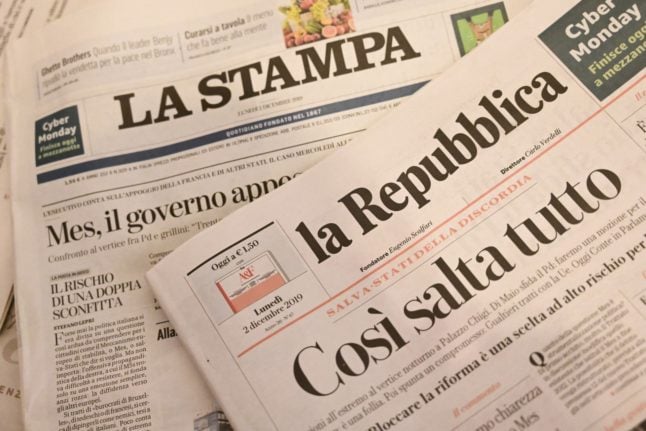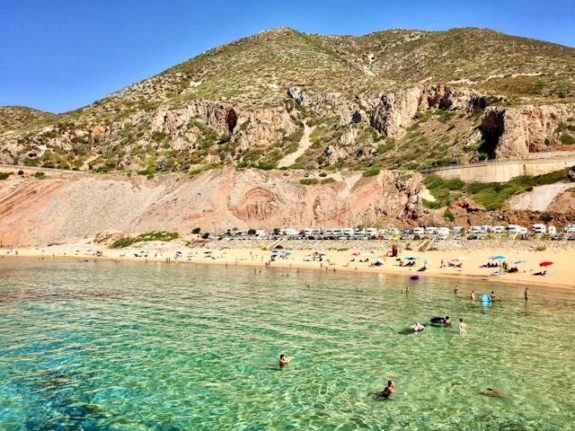Italian is frequently considered as one of the most beautiful languages in the world. Its musicality, intonations and smoothness make it one of the most poetic languages out there.
This Romance language is spoken by 67 million native speakers across the globe and it’s the official language of Italy, San Marino, The Vatican (along with Latin) and Switzerland (along with German, French, and Romansh). While the Italian language, like all Romance languages, derives from Vulgar Latin, Italy’s standard form is based on the Florentine dialect from hundreds of years ago.
Though standard Italian existed prior to the Unification of Italy in 1861, Italians themselves identified more strongly with their regional dialects, a lot of which are still in existence today.
Television played a crucial role in Italians learning the language: in the 1960s, national broadcaster RAI aired Non è mai troppo tardi (‘It’s never too late’), a TV programme where Italian teacher Alberto Manzi taught Italian to his audience.
Let’s take a look at some more interesting facts about Italian.
It became Italy’s official language in 2007
Yes, you read that correctly. Exactly 146 years after the country’s unification, Italian was formally written into the constitution as being Italy’s official language.
There is a 500-year-old institution dedicated to researching Italian
The Accademia della Crusca (literally, ‘Bran Academy’) is a Florence-based institution which focuses on Italian linguistics. Founded by five Florentine men in 1582, the institute claims it wrote the first Italian dictionary (Vocabolario degli Accademici della Crusca), which was first published in 1612.
The longest Italian word has 30 letters
The word in question is (get ready for it) Psiconeuroendocrinoimmunologia. It’s a medical term that studies behaviours in response to external stimuli so it is rarely used in everyday speaking.
Another long word is precipitevolissimevolmente.
READ ALSO: The Italian version of 11 famous English sayings
It’s a superlative of the adverb ‘hastily’, or precipitevolmente in Italian. There’s even a proverb with this word: chi troppo in alto sal, cade sovente precipitevolissimevolmente (‘those who climb too high, often fall very hastily’).
Italian is not the majority language in some areas of the country
The northern region of South Tyrol has approximately 520,000 inhabitants. Of those 520,000, around 69 percent use the German language more frequently than the Italian language. Even road signs in some of the areas bordering Austria are in German.
Another northern region, Aosta Valley, recognises French as an official language. While the ratio of French speakers to Italian speakers is not quite as high as the ratio of German speakers to Italian speakers in South Tyrol, many of the region’s signposts are in both Italian and French.

The name of a continent comes from Italy
It is generally accepted that the name ‘America’ derives from Italian explorer Amerigo Vespucci, who claimed that the lands fellow explorer Christopher Columbus set sail to in 1492 were in fact part of a separate continent.
A map created in 1507 by Martin Waldseemüller was the first to depict this continent with the name America.
The word ‘volt’ was created by an Italian
Speaking of nouns named after people, Alessandro Volta was an Italian scientist who made a breakthrough in the late 18th century when he created his ‘voltaic pile’ – the first-ever device to provide a steady supply of electricity. His last name is where ‘volt’ (and ‘voltage’) originates from.
READ ALSO: 15 Italian words that change their entire meaning with one letter
There are only 21 letters in the Italian alphabet
The Italian alphabet, which derives from the Latin one, only contains 21 letters. Letters j, k, w, x, and y are not formally included in it, though they can often be found in words of foreign origin.
The above list is non-exhaustive. If you know any other interesting facts about the Italian language, let us know in the comments below.



 Please whitelist us to continue reading.
Please whitelist us to continue reading.
Member comments